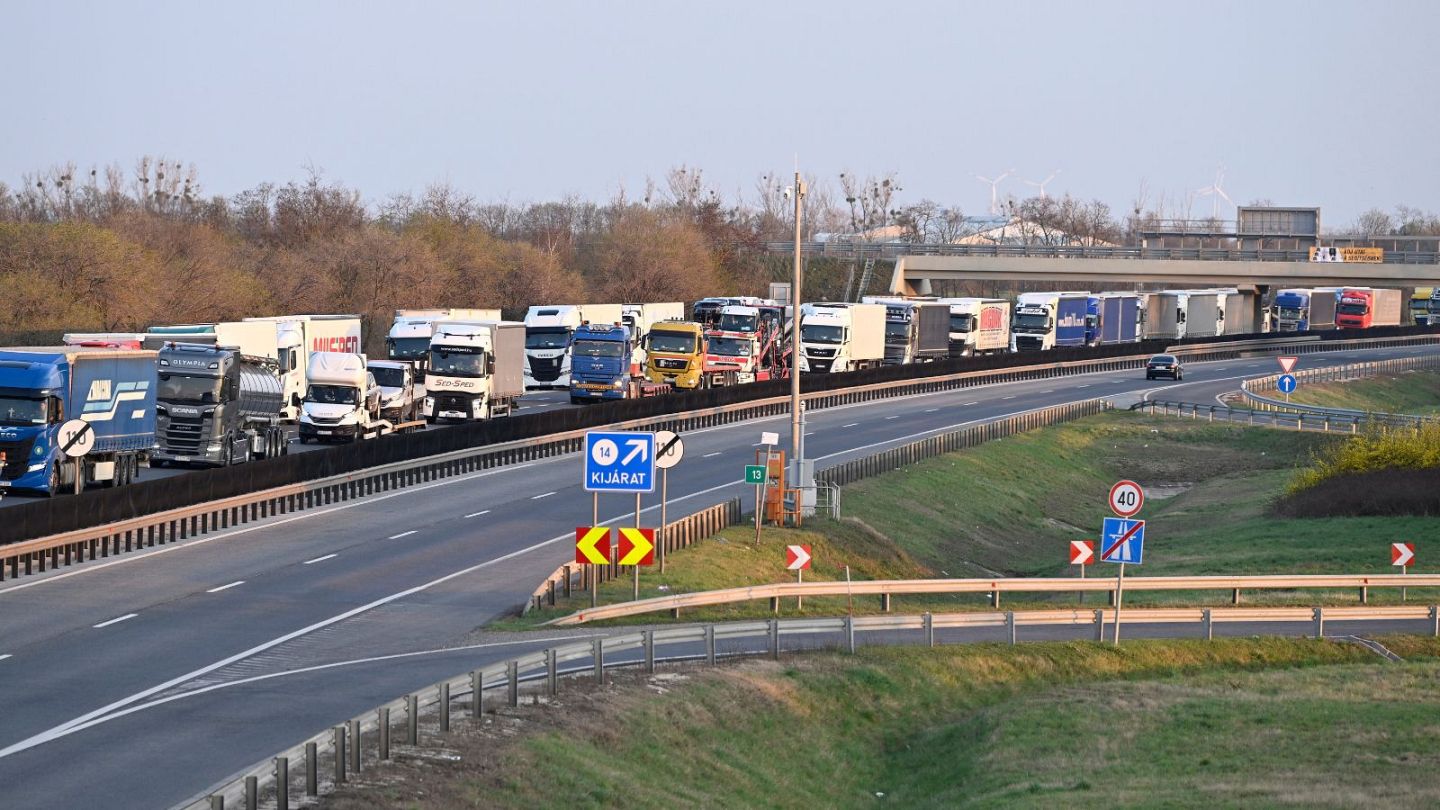Estonia and the Czech Republic have gone on alert against foot-and-mouth disease: Biosecurity measures are being tightened.
A disease affecting cattle and other farm animals was first reported in outbreaks in Hungary and Slovakia.
As concerns grow about the potential spread of foot-and-mouth disease (FMD) across Europe, farms are tightening biosecurity measures to protect both livestock and the wider agricultural industry. Some large agricultural operations, such as the Andri-Peedo goat farm located in Misso, Voru County, Estonia, have begun taking proactive measures to prevent the spread of diseases. This farm, located on the Estonia-Latvia border, has taken precautions by placing warning signs prohibiting visitor access to the facility. Another significant producer, Nopri farm, has also decided to follow a similar path by not accepting visitors. Nopri announced that it will not participate in this year's Open Farms Day, an event held annually where the public has the opportunity to get to know local farms closely. Tiit Niilo, a farm owner in Estonia, stated, "The allure of agritourism – showing consumers the journey of their food from the field to the plate – is a small thing compared to the risk and fear posed by a potential pandemic. Given our global experience with COVID-19 and how quickly and uncontrollably events can unfold (as we know), even ordinary people can understand and perceive the risk." Farms in the region have also implemented a series of biosecurity measures, including enhanced protocols regarding food safety, animal movements, and worker hygiene. Despite these measures, the Regional Affairs and Agriculture Ministry confirmed that Open Farms Day will proceed as planned. However, it remains uncertain whether farm animals such as cows, goats, and sheep will be part of the festivities, as their participation depends on the ongoing disease threat and biosecurity assessments. Meanwhile, in the Czech Republic, the government has implemented strict controls at the border with Slovakia, where six disease outbreaks have been reported. Trucks carrying animals, animal products, or feed can only pass through three designated border points, leading to long queues and delays. One of the busiest points, the Brodske-Breclav border crossing, experienced a 17-kilometer traffic jam and delays of up to 40 minutes. While these border controls are necessary, they have caused disruptions, especially for transporters working to prevent the disease from crossing from Slovakia to the Czech Republic. Although no cases of FMD have been confirmed within the country's borders, the threat from Slovakia, which has been tracing its outbreaks as far as Hungary, remains significant. Increased inspections are expected to continue throughout the week, which, while causing some inconveniences, will help minimize the risk of further disease spread. As the threat of foot-and-mouth disease grows, farmers, government officials, and transporters are working together to combat the spread of the disease.


